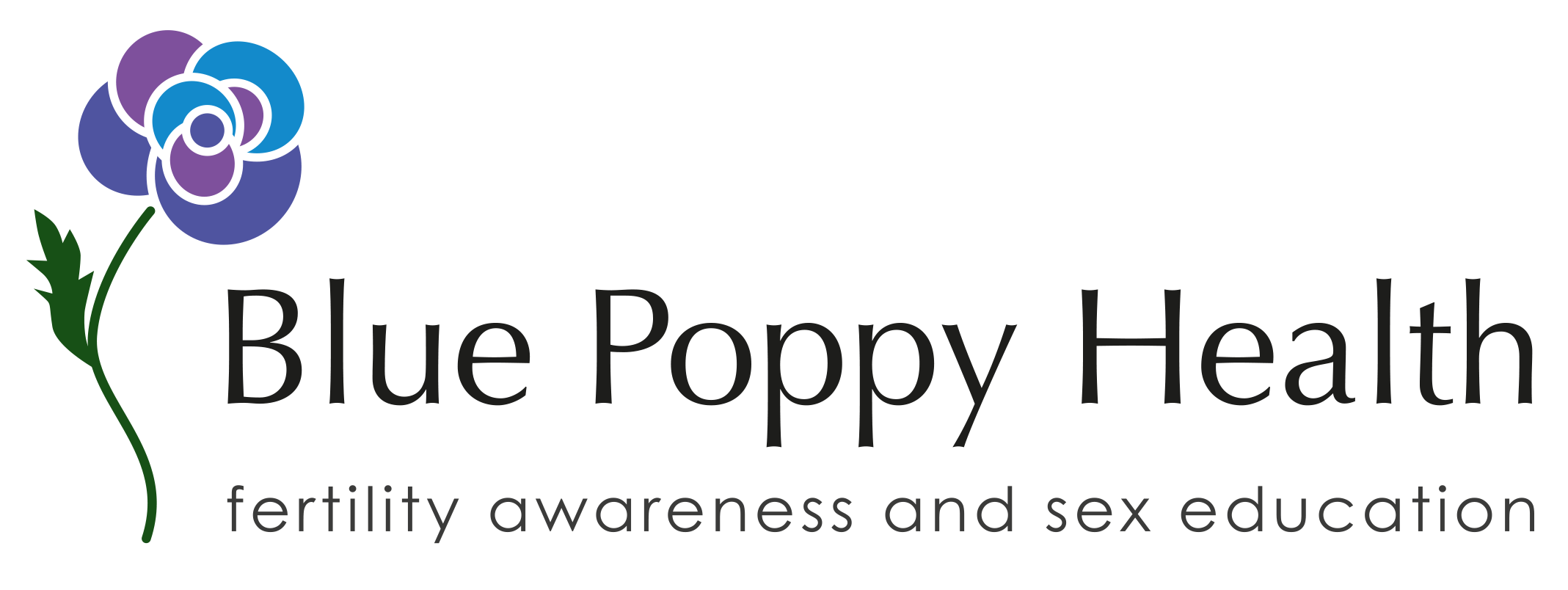Polycystic Ovarian Syndrome (PCOS) Awareness Month is September. This affects about 5% of women yet many don’t know they have it, and those who do know often are misguided about what it means. I’m here to debunk some of the myths and help get the truth out there.
What Is PCOS?
No, You Cannot Ovulate Twice In One Cycle
Want Kids One Day? Two Suggestions To Help You Plan Ahead
Want To Conceive? Make Sure You Know When You’re Actually Ovulating!

It’s a common myth that ovulation happens on day 14 of the menstrual cycle, or 14 days before the next period. In reality each person is different, and ovulation could be anywhere from 9 to 16 days prior to the next period!
In fact, research has shown that miscalculating the fertile phase of the cycle is a big reason a lot of people are supposedly “infertile.” In reality they just got the days wrong!
When Did I Ovulate?

This is a question I often see asked in fertility awareness discussion boards online. “When did I ovulate?” they want to know.
The truth is, we’ll never know exactly when we ovulate unless we have an ultrasound scan of our ovaries every day — and who would want to do that?! So how do we know when we’re infertile after ovulation if we can’t actually pinpoint ovulation?
Fertility Awareness And HIV

Today (December 1) is World AIDS Day. A day to remember that people around the world are still living with HIV and still dying from AIDS-related illnesses.
How is HIV related to fertility awareness? All women have decisions to make regarding contraception, planning for pregnancy, being sexual with their partners, and their relationship with their bodies, and these are all impacted by living with HIV.
Ovulation Is Good For You (Even If You Don’t Want Kids)

When most women think about their menstrual cycle the main thing that comes to mind is their periods – which makes sense as it’s the most obvious thing happening. But it’s important to know that ovulation, while often overlooked or ignored, is incredibly important for your health.
Read on to see exactly why ovulation is good for you and what it does for your health (other than getting you pregnant).




